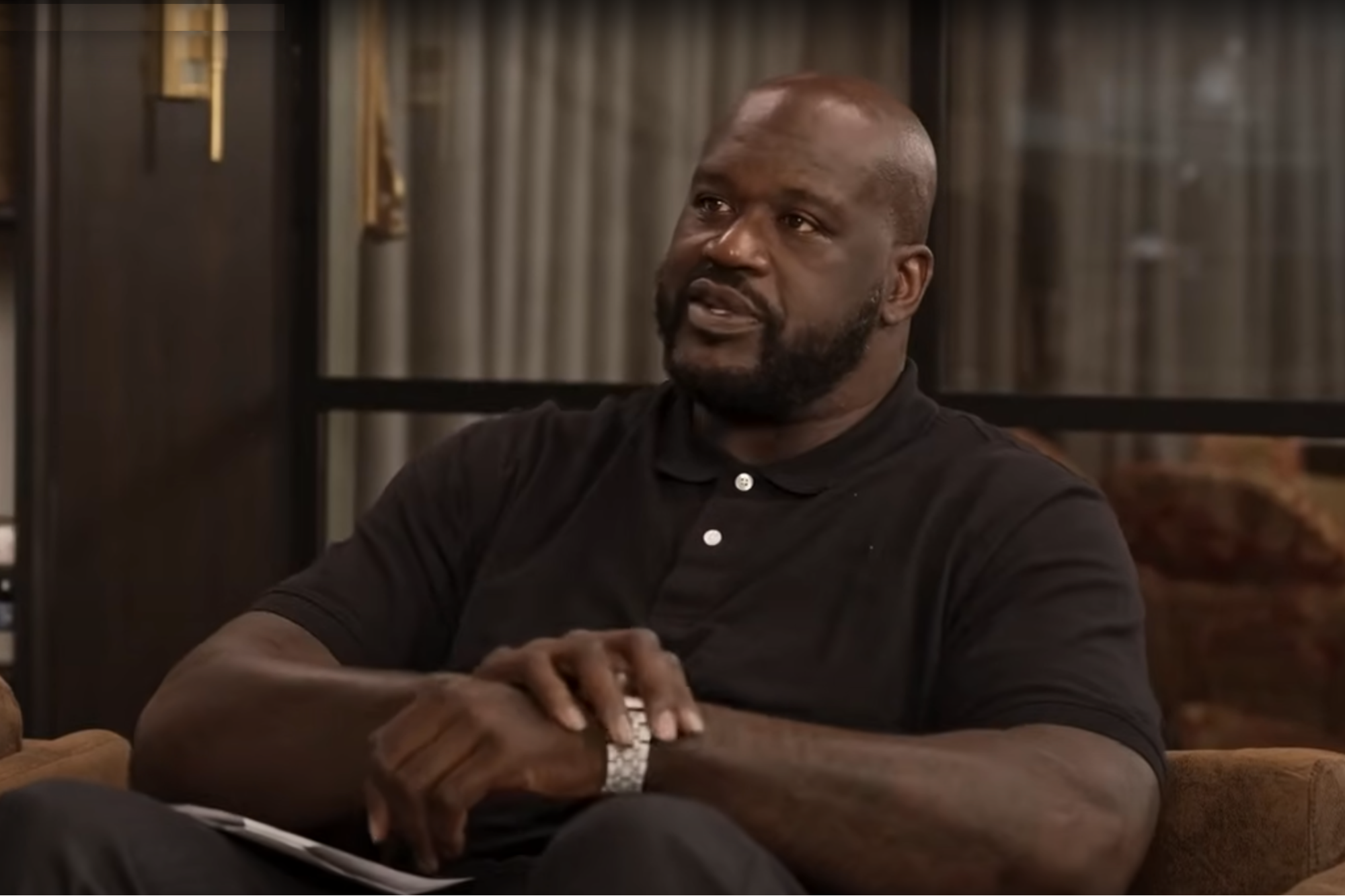How to Find Really Good Salespeople They are crucial for a good business, but finding them is always a challenge
Opinions expressed by Entrepreneur contributors are their own.
You're reading Entrepreneur Asia Pacific, an international franchise of Entrepreneur Media.

In order to scale up quickly, a company needs to build a great sales team. The trick is to hire really good salespeople. But this is hard to do because salespeople are often really good at selling themselves! As a CEO friend noted: "It's really hard to pick good salespeople, and you won't know for six months to a year whether you made a good decision."
While he may be right about the time frame, there are some qualities to look for if you want to find really good salespeople:
They are Good Listeners who Can Take Rejection
Forget the fast talking, back-slapping, "Hail fellow, well met" persona. Good salespeople are good listeners. They are genuinely interested in others. They don't monopolize the conversation. Customers like them and want to do business with them.
Good salespeople have a good sense of humour, don't take rejection personally, and understand that "no" is not a rejection of them, but a signal that "this product doesn't fit our needs" or "I don't have budget," or "now is not the time for purchase,"—or any other number of reasons that are out of their control. Good salespeople look for the opportunities where they have the highest potential of winning the sale, but they know they won't be able to win every one.
They Engender Trust
Really good salespeople understand that a sale is not a transaction; it's a decision by a buyer to trust the seller to deliver the goods/services promised. Great salespeople understand this. For them it is not about pushing a product or service at a potential customer who doesn't need or want it. It's about talking with a customer, discovering their needs, and then deciding whether the company's products/services can meet that need—and if not, saying so.
They Care about the Customers
The best salespeople are focused on what customers need, want, and value. If they can't sell your product/service to the potential customers in your pipeline, the good ones will figure out who the potential customers might be, and then try to sell them. If that fails, they will come to you and explain what's wrong with the product/service and what modifications are needed to make the product or service more appealing to customers. Alternatively, they might try and convince the customer that your product/service can be "modified" to meet their specifications, in other words, sell something you don't have. They do this because they want to meet the customer's needs, and win the sale.
They Love to Compete
Good salespeople are competitors. They are driven to achieve goals, beat their last month's performance, and win. When you are interviewing someone, ask them to describe a time when they were in a competition (sport, music, cooking). Ask them to tell you how they approached the competition, whether they won, and if not, why not. If they aren't passionate about the competition, they aren't likely to be a good salesperson.
They Keep Score and Want Recognition
Salespeople like to score, and love the "roar of the crowd", i.e., recognition for scoring. Look for salespeople who continually measure themselves against their targets and are driven by the numbers. They want you to recognize their success, and will expect you to structure their salary with a fair share based on performance, with even more recognition for sales above and beyond their goal. If you want to keep a good salesperson, you'll need to measure, recognize and reward them. When good salespeople quit, it's usually because customers aren't buying what they are trying to sell, or they feel unappreciated by your lack of recognition for their sales outcomes.
Hiring the wrong salesperson, or losing a really good one can be a real impediment to scale-up, so look for people with these qualities, provide appropriate feedback, and watch your sales take off.










